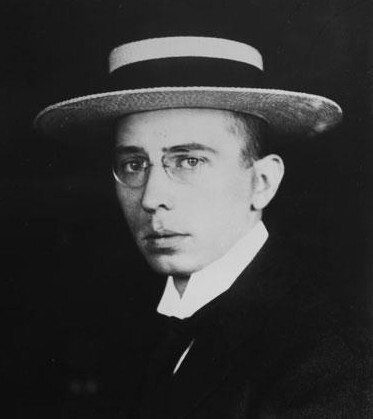
Prominent Czech Cubist architect, city planner, designer and theoretician of architecture from the first half of the 20th century.
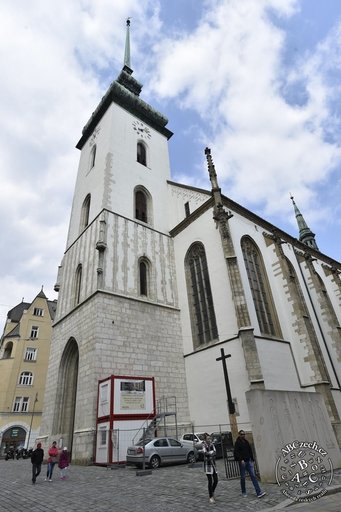
Medieval church in the historic centre of Brno. It was the centre of religious life for centuries and it is now one of the most important Late Gothic buildings in Moravia.
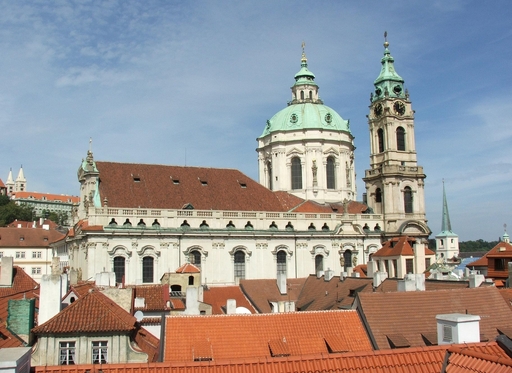
Monumental church built in the first half of the 18th century in the upper part of the Lesser Quarter Square in Prague. It is the best known Baroque building in Prague and one of the most valuable examples of the so-called Radical Baroque in Central Europe.
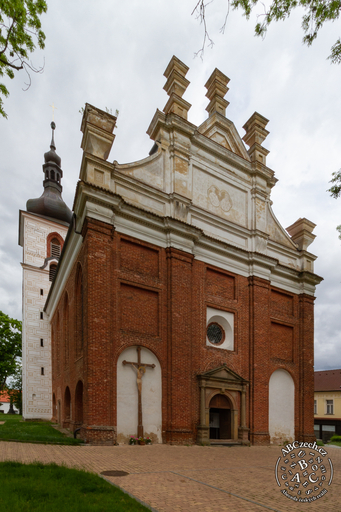
Renaissance church in Kralovice in the Plzeň Region. Due to its unusual building materials and architectural solutions, it is one of the best examples of Renaissance sacred architecture in the Czech lands.
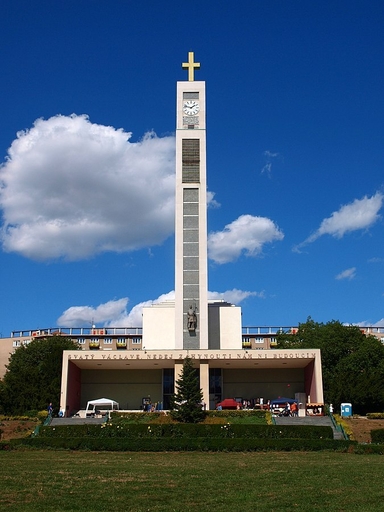
Modern sacred building from the first half of the 20th century, designed by Josef Gočár and regarded as one of the most successful Czech churches built in functionalist and constructivist style.
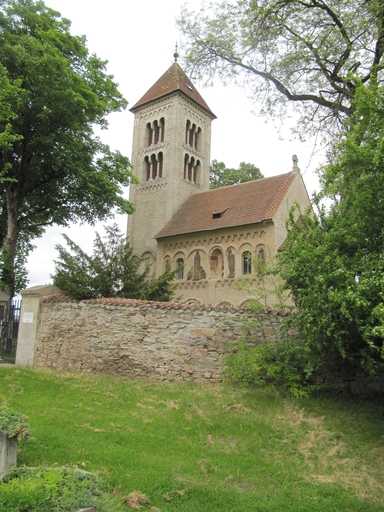
Romanesque single-nave proprietary church from the 12th century, located near Kutná Hora. It has unique ornamental sculptures, the most extensive surviving collection of Romanesque sculptures in the Czech Republic.
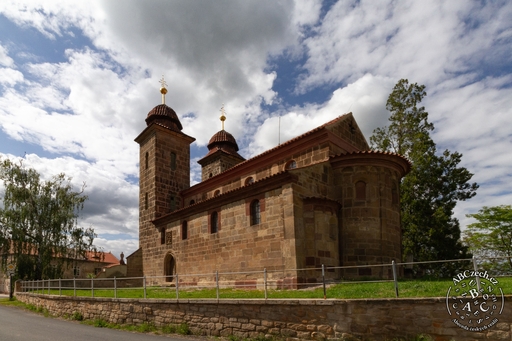
Romanesque church in the municipality of Tismice in the Central Bohemian region. It is a unique example of an exceptionally well preserved provincial basilica, unparalleled in the Czech Republic.
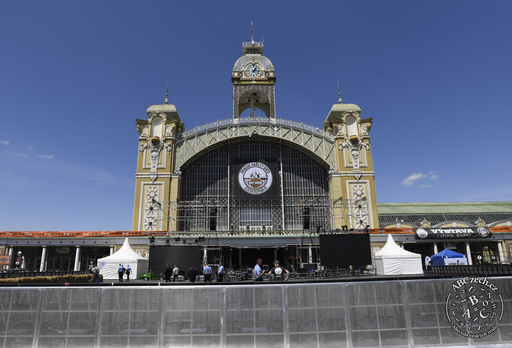
Impressive Art Nouveau building in the Holešovice district of Prague. Exhibitions, concerts, fashion shows, etc. take place there.
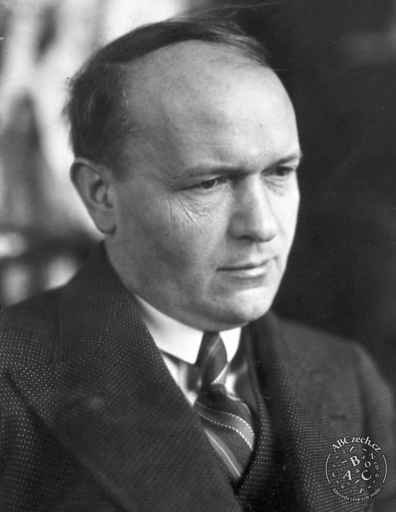
Prominent Czech architect and theoretician, one of the cofounders of Czech modernist architecture.
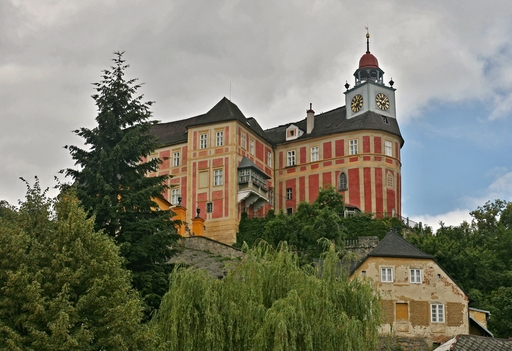
A castle turned into a chateau, a dominant feature of the town of Javorník, located in the northernmost corner of Czech Silesia.
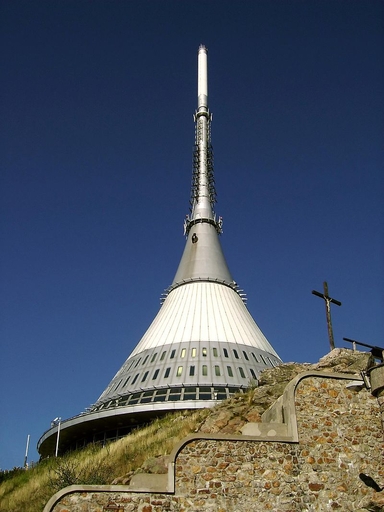
One of the most highly acclaimed buildings in the Czech Republic, a dominating feature and symbol of northern Bohemia. It was designed by architect Karel Hubáček and it won the prestigious Auguste Perret Prize.
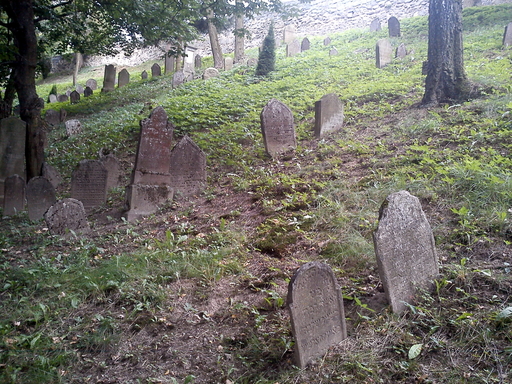
An exceptionally well-preserved cemetery, the second largest on the territory of the Czech Republic. A UNESCO monument. The cemetery’s unique characteristic is the fusion of Baroque-style art and the Jewish funeral tradition.
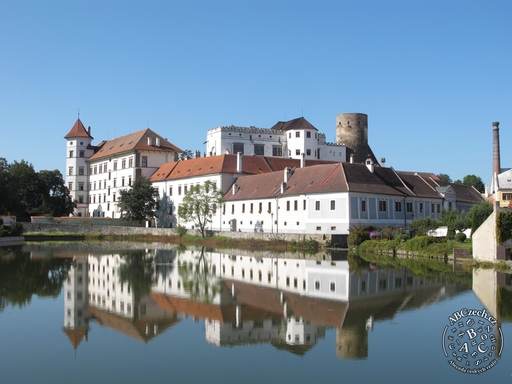
Castle converted into a chateau in the eponymous town in southern Bohemia. With an area of 3.5 hectare, it is the third largest chateau in the Czech Republic and an excellent example of a gradual conversion of a Gothic castle into a comfortable Renaissance aristocratic residence.
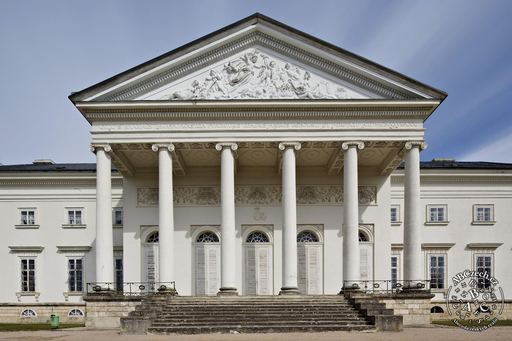
The most significant building built in Czech Empire style, a representative seat of the important Czech family Chotek. The building is surrounded by a noteworthy landscape park.
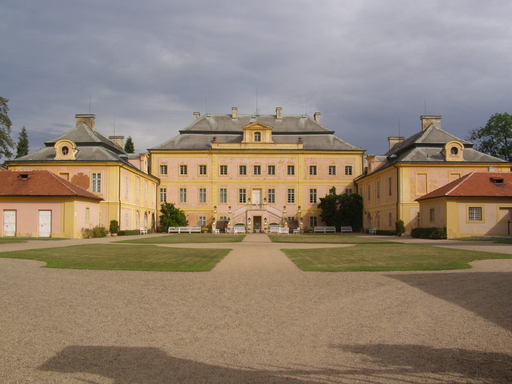
A foremost figure of Czech Baroque architecture. His frugal, minimalist style is antithetic to the dynamically designed buildings by Jan Blažej Santini-Aichel and Kilián Ignác Dientzenhofer.
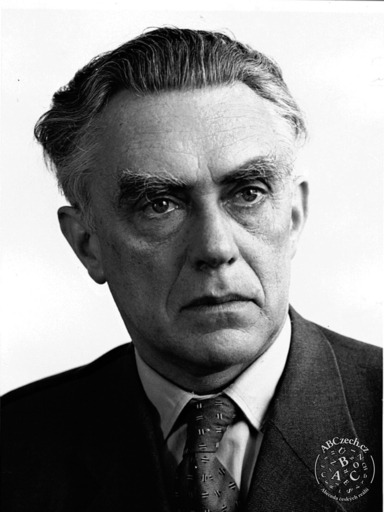
Czech architect and university teacher, an important figure of Czechoslovak architecture, famous for his buildings for the Baťa company.
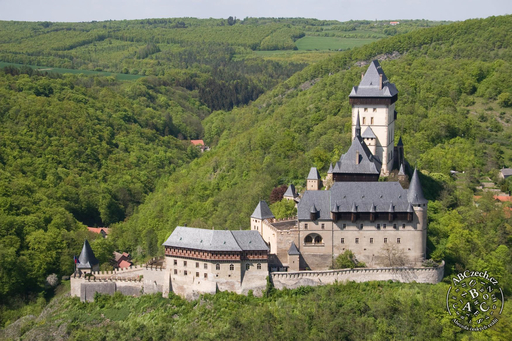
One of the most famous and most frequently visited castles in the Czech Republic with exceptionally valuable Gothic interiors. It is located in the Central Bohemian Region, approximately 30 kilometres southwest from Prague.
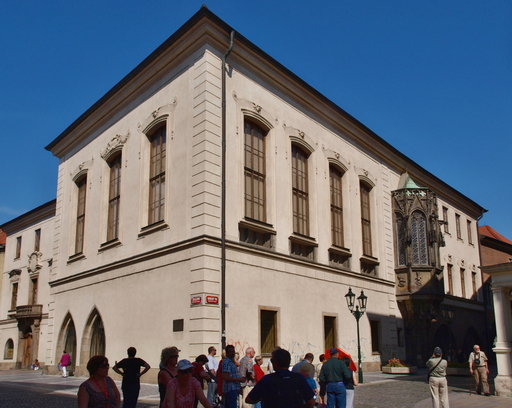
The oldest preserved building of Charles University and its current representative seat. It has preserved a lot of its original Medieval appearance and is one of the most valuable buildings of its kind in Europe.
2016-2020 ABCzech.cz - © Filozofická fakulta Univerzity Karlovy
Content from this website may be used without permission only for personal and non-commercial purposes and with the source cited. Any other use is allowed only with the authors' consent.
This web application Sonic.cgi meets GDPR requirements. Current information can be found here.